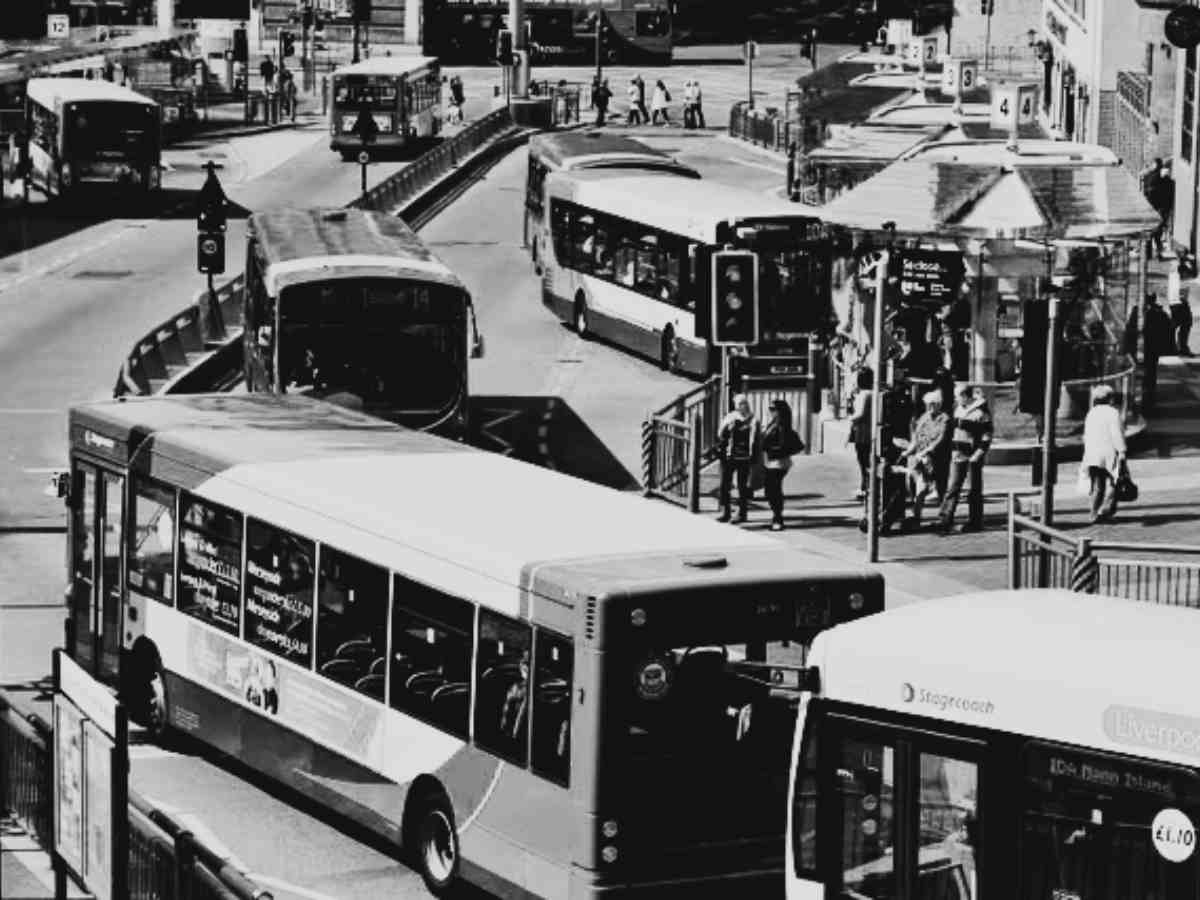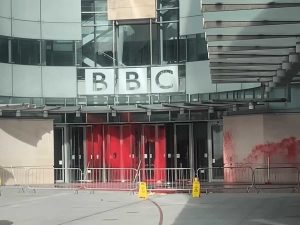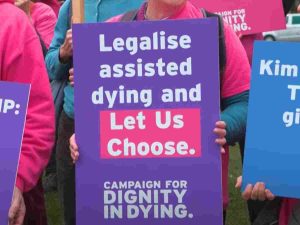Public transport provision has seen the sharpest post-pandemic decline of all the Levelling Up missions, an even bigger hit than the one felt by the ‘already struggling’ housing and education sectors, according to the latest research by the National Institute of Economic and Social Research (NIESR).
Public transport on its knees
The research, conducted with the help of the NIESR’s new dashboard that brings together key economic and social indicators of living standards and wellbeing, found that all the 41 ‘ITL2 regions’ across the country experienced a fall, with the devolved nations among the parts of the country most badly affected.
The decline can be attributed to multiple factors, notably funding cuts at local authority level and an aging infrastructure network where investment projects have been delayed or cancelled altogether.
Furthermore, the push for greener public transport solutions has been slow. An over-reliance on older and less efficient vehicles affects the UK’s net-zero goals as well as the service quality of public transportation.
NIESR analysis also finds that public infrastructure investments have been largely concentrated in more prosperous regions of the country, which is potentially more efficient but at the same time less potent for regional regeneration.
At the same time, “Levelling Up” funds attempt to redress some of this regional divergence, but they have so far been too small (only 3.5% of total infrastructure investments) to promote real change.
Robust action needed
This calls for robust and urgent policy action.
More specifically, the NIESR recommends targeted and tailored public investment in key areas such as housing, transport, education, and skills. Government needs to align its national growth strategy with local and regional growth plans.
Funded by the Nuffield Foundation, the dashboard is a publicly accessible hub of freely downloadable data on more than 100 economic and social variables, with consistent data over time and across space, and the ability to compare places on key indicators.
This encompasses all parts of the country, at different levels of granularity – including all three devolved nations, English regions and the UK’s 382 Local Authorities.
Labour must invest in public transport
Professor Adrian Pabst, NIESR deputy director for public policy, said:
UK regional inequalities are among the worst in the 38 OECD countries, and the gap between prosperous and poor parts of the country has widened since 2019.
Our Nuffield-funded work provides a much-needed evidence base to identify the local and regional requirements that policy has to meet if we want to redress disparities of wealth, health, well-being and power.
Policymakers should locate well-tailored place-based public investment projects that have direct benefits and unlock greater business investment. A more prosperous and fairer Britain depends on sustained regional regeneration.
Mark Franks, director of welfare at the Nuffield Foundation, said:
Inequalities across different regions of the UK are already stark, affecting health, wealth, and overall wellbeing.
The slow pace of progress in tackling these disparities is deeply concerning for the individuals and communities affected. It also risks leaving broader issues facing the UK unaddressed.
Improving our sluggish economic performance, alleviating pressure on public services, and addressing the high level of national debt all require the creation of meaningful opportunities for people in every part of the country. Only by fostering inclusive economic growth can we hope to address these national challenges.
Featured image via the Canary




